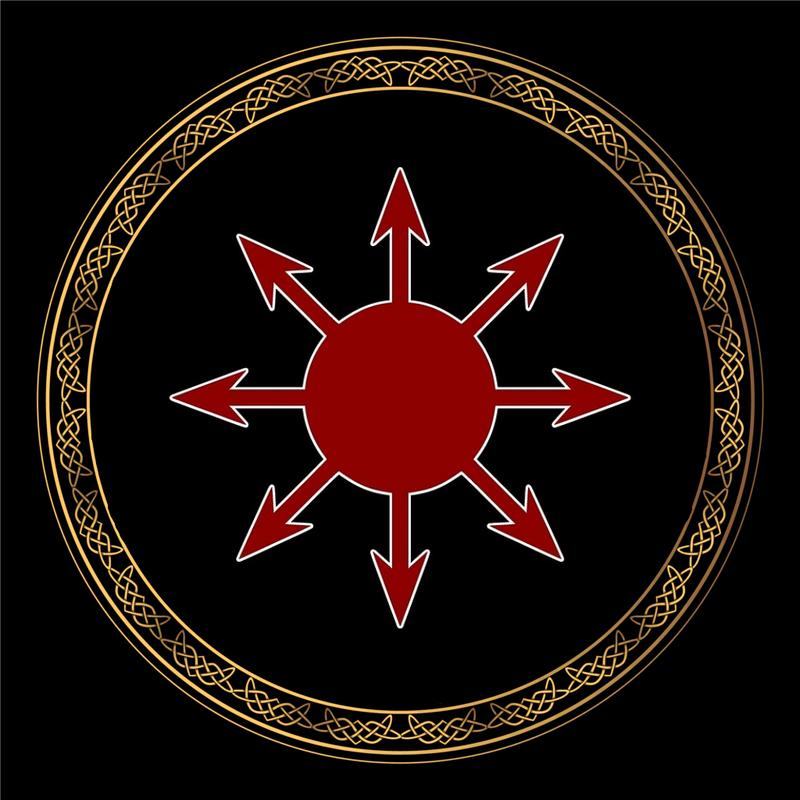Men Like Flowers Too
Men Like Flowers Too
For many years, the idea that flowers are only for women has been deeply ingrained in our culture. However, there is a growing movement that challenges this idea and suggests that men can enjoy flowers just as much as women.
In fact, many men have a strong appreciation for flowers, whether it’s the beauty of a well-manicured garden or the simple pleasure of receiving a bouquet as a gift. Flowers can be a source of relaxation and inspiration, and studies have shown that exposure to nature and natural beauty can have positive effects on mental health and well-being.
Men are also increasingly turning to floral arrangements as a way to express their emotions and show their affection for loved ones. From romantic gestures to celebratory bouquets, men are embracing the power of flowers to communicate their feelings in a unique and meaningful way.
So why has the idea persisted that flowers are only for women? It may have something to do with cultural stereotypes and gender roles, but as society evolves and attitudes change, we are seeing a shift towards a more inclusive and accepting view of what it means to appreciate and enjoy flowers.
Men like flowers too!
Whether it’s a single stem or a full bouquet, flowers can bring joy and happiness to anyone, regardless of gender. So let’s embrace this idea and spread the love of flowers to all.
Flower symbolism is an important aspect of many cultures,
and the Yakuza, a notorious criminal organization in Japan, is no exception. In Yakuza culture, flowers can have a range of meanings, and they are often used to convey messages or to represent certain traits or values.
One flower that is commonly associated with the Yakuza is the chrysanthemum. In Japanese culture, the chrysanthemum is a symbol of the Emperor and the Imperial family, but in the context of the Yakuza, it represents strength and resilience. The Yakuza often use the image of a chrysanthemum in their tattoos and other artwork, as a way to symbolize their loyalty and commitment to the organization.
Another flower that is frequently used in Yakuza symbolism is the cherry blossom. The cherry blossom is a symbol of the transience of life, as the flowers bloom for a short time each spring and then quickly fade away. In Yakuza culture, the cherry blossom is often used to represent the fleeting nature of youth and the idea that life is short and should be lived to the fullest.
Other flowers that have been associated with the Yakuza include the peony, which represents wealth and honor, and the lotus, which symbolizes enlightenment and spiritual growth.
It’s worth noting that while flowers play an important role in Yakuza culture, the organization is also known for its use of violence and criminal activities. It’s important to separate the cultural significance of flowers from the actions of criminal organizations, and to recognize that the use of flower symbolism by the Yakuza does not in any way justify or glorify their actions.
Flowers among Huna Men
Huna is a term used to describe a group of indigenous Polynesian people. Flowers play an important role in the culture of the Huna people, and they are used in a variety of ways in their daily lives.
One way in which flowers are used among Huna men is as a form of adornment. Huna men often wear floral headdresses made from a variety of different flowers and plants. These headdresses are typically worn during festivals and other special events, and they are used to symbolize the beauty and abundance of nature.
In addition to their use as adornment, flowers are also used among Huna men as a form of medicine. The Huna people have a deep understanding of the healing properties of various plants and flowers, and they use them to treat a range of ailments and illnesses.
Another way in which flowers are used among Huna men is in their traditional dance ceremonies. During these ceremonies, men often hold flowers and use them as part of their dance movements. Flowers are also used to decorate the dance area and to create a vibrant and colourful atmosphere.
Overall, flowers hold a significant cultural importance among the Huna people, and they are viewed as an integral part of their way of life. Whether as a form of adornment, medicine, or artistic expression, flowers play a vital role in the traditions and customs of the Huna people, and they are deeply valued by both men and women alike.
Be the first to post a message!
